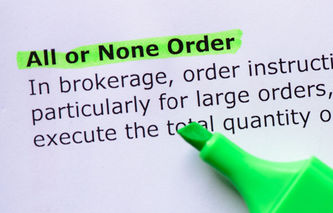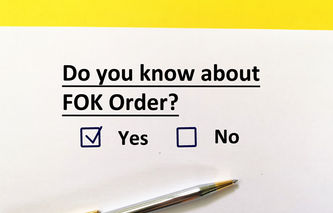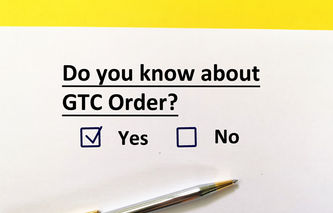Definition
The term At-the-Opening refers to instructions sent to a broker to buy or sell securities at the beginning of the trading day. If an At-the-Opening order cannot me executed as soon as the market opens, then it will be canceled.
Explanation
At-the-Opening instructions typically involve market orders for stocks, but may also be combined with a limit order. When placed, an At-the-Opening order must be executed as soon as practicable after the trading day starts. If the entire order, or any portion of it, cannot be executed then it is automatically canceled. It is possible for an At-the-Opening order to be partially filled.
Companies will oftentimes make announcements that can significantly affect the price of their stock prior to, or immediately following, the market's close. Traders will place this type of order if they believe the announcement will affect the stock's opening price on the next trading day.








